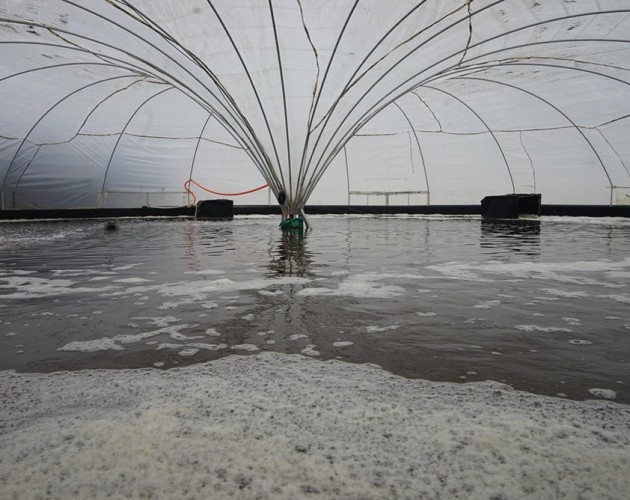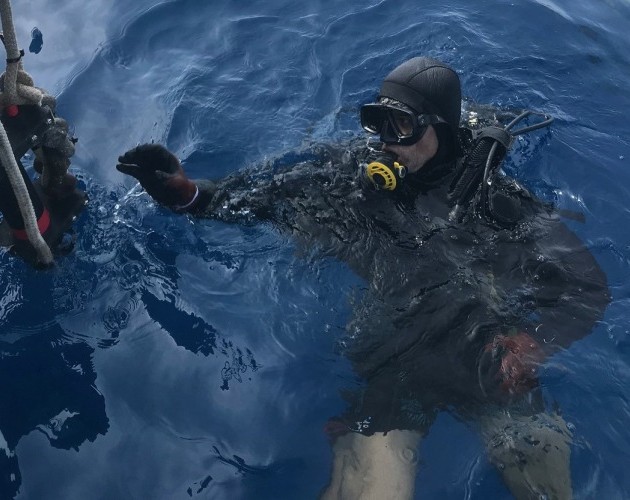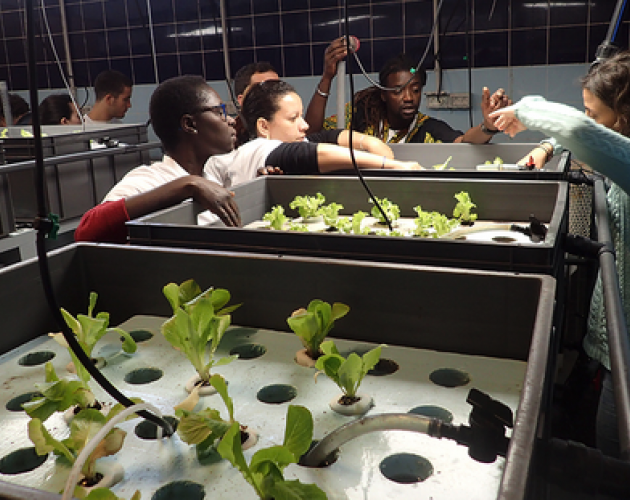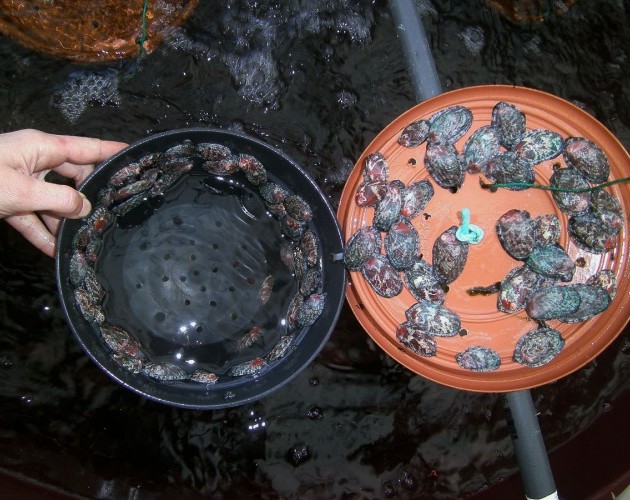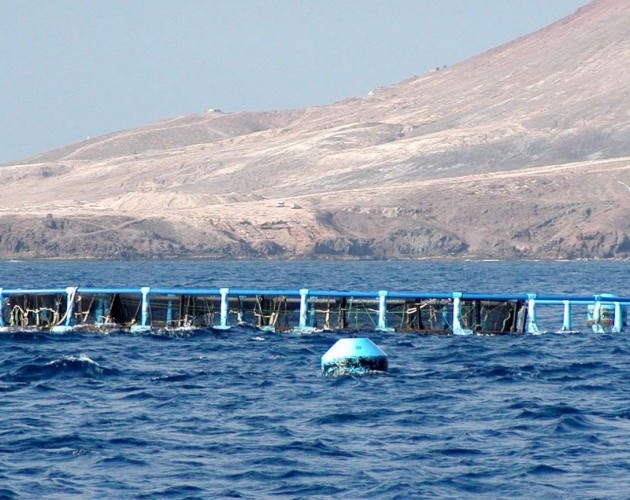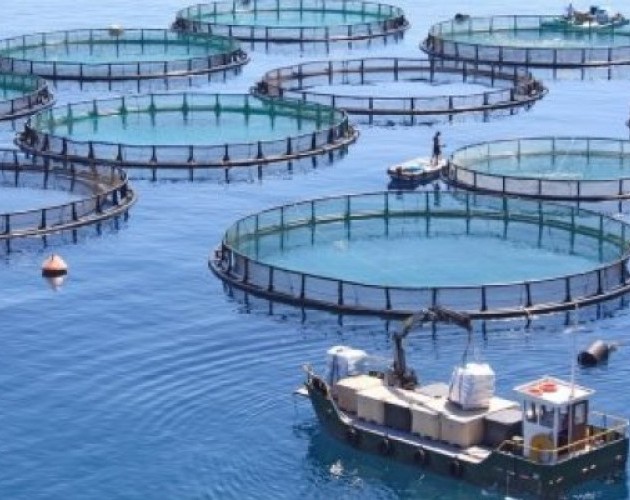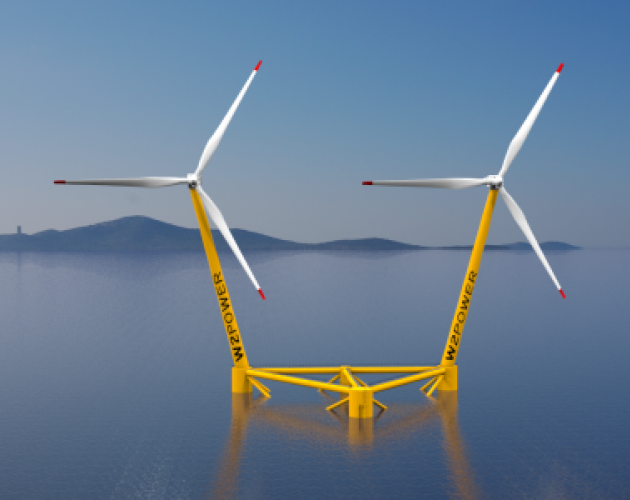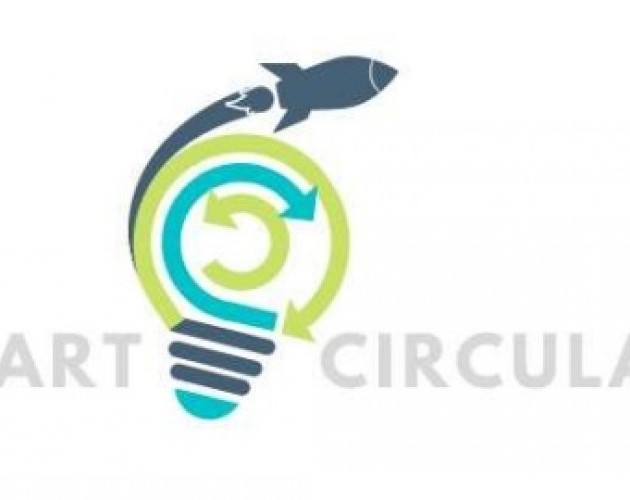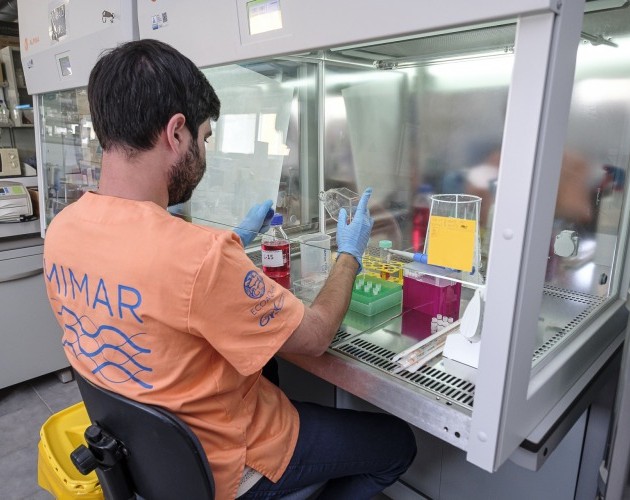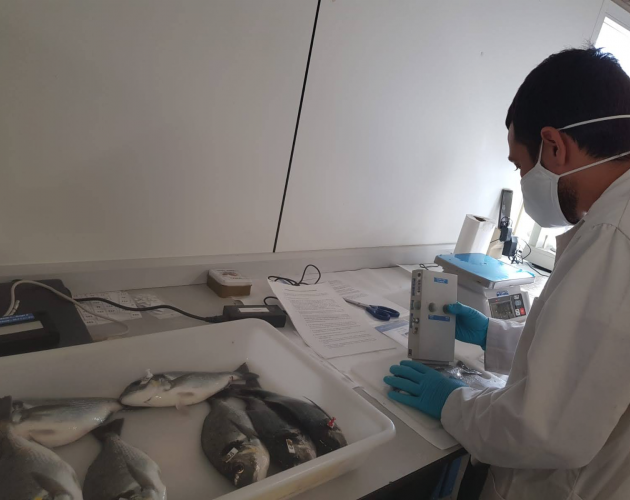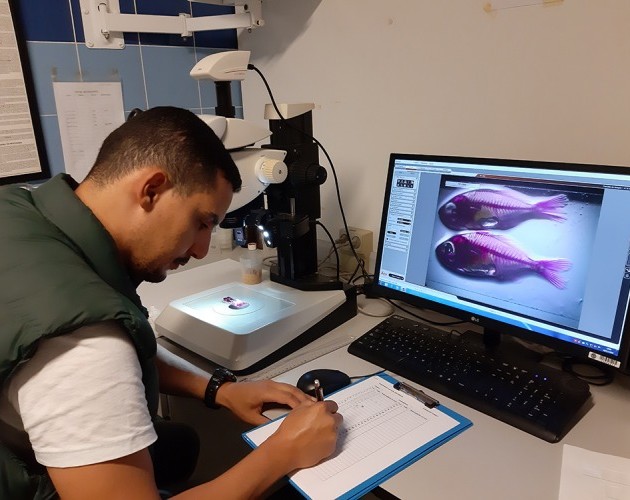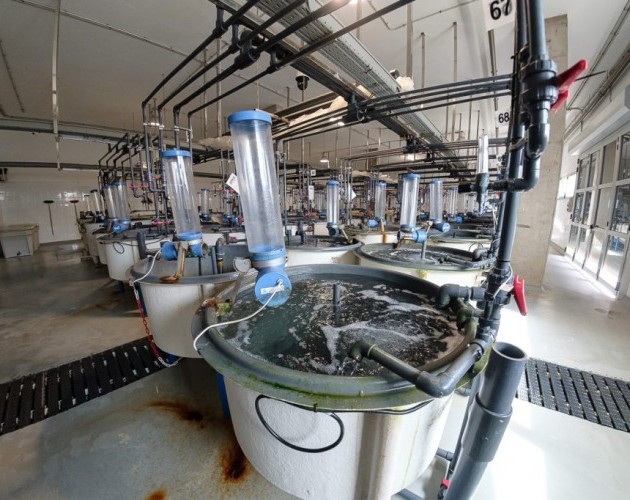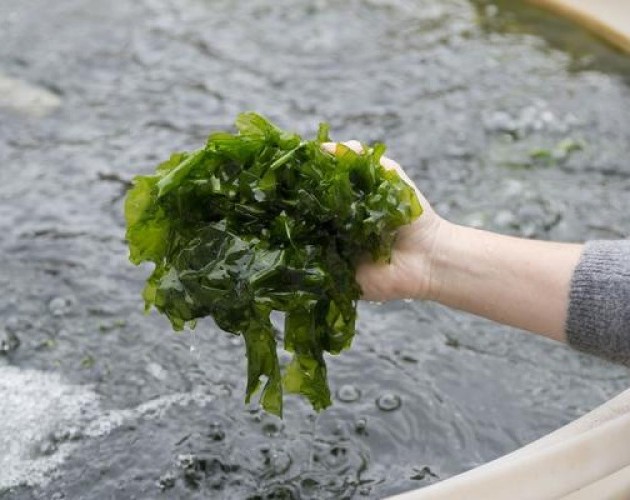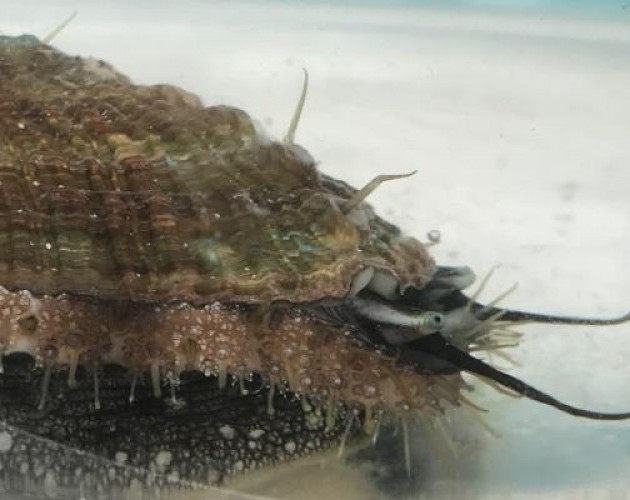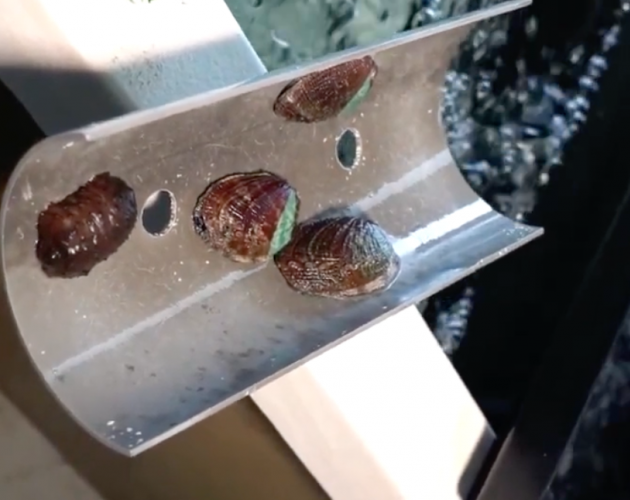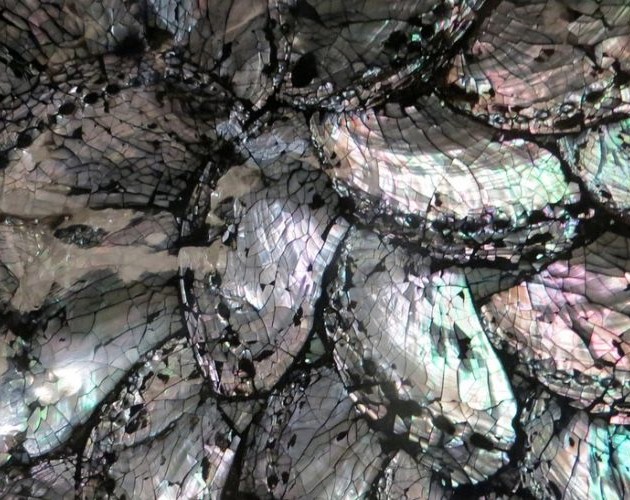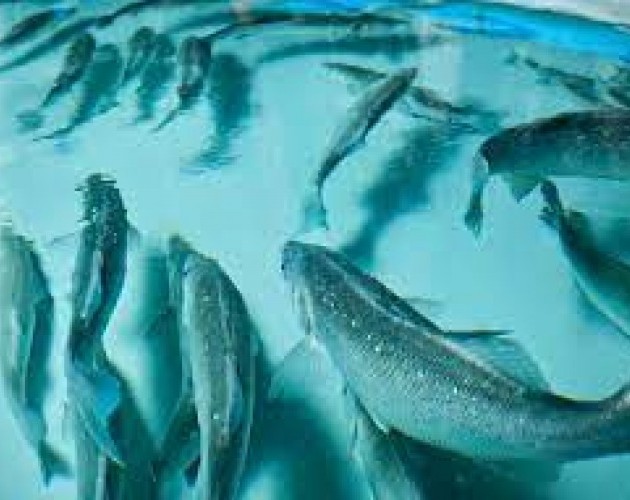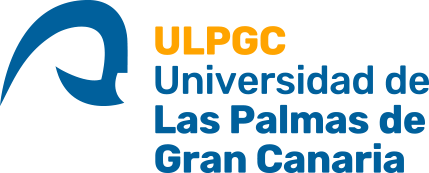The Aquaculture Research Group (GIA), coordinated by Professor Juan Manuel Afonso López, has developed more than 200 international, national and regional research projects since 1990. It has 43 members, made up of researchers and technical staff of the ULPGC, with common objectives of teaching, research, technology transfer and cooperation for the development in aquaculture.
In the last five years (2019-2023), GIA has developed 21 research projects with a total budget of 9.4 million euros. Twelve of these projects are European in scope: ISLANDAP Advanced, AQUAEXCEL 3.0, AquaIMPACT, Aquainvert, AquaVitae, AquaWind, BiomedAqu, INDICIT –II, LIFE AQUA, MIMAR+, PerformFISH and StartCircular.
It also works with the Ecuadorian industry in an industrial research and knowledge transfer project called PMG – BIOGEMAR. This project introduced the BLUP methodology for the selection of fast- growing white shrimp broodstock, improving the growth rates during the ALMAR Group’s larval and fattening processes, with an initial investment of just over two million euros.
Regarding national projects, GIA-ECOAQUA of the ULPGC leads the projects PISCIBIEN, PLANASER 2.0, LARVOOST, and five projects of the regional call BIOASIS for the sector of the Autonomous Community.
GIA is prolific in scientific publications, and its curriculum vitae also includes the supervision of a large number of Master's and Bachelor's degree theses and doctoral dissertations.
It develops its activity in various facilities of the Taliarte Scientific and Technological Park Foundation of the ULPGC.






































